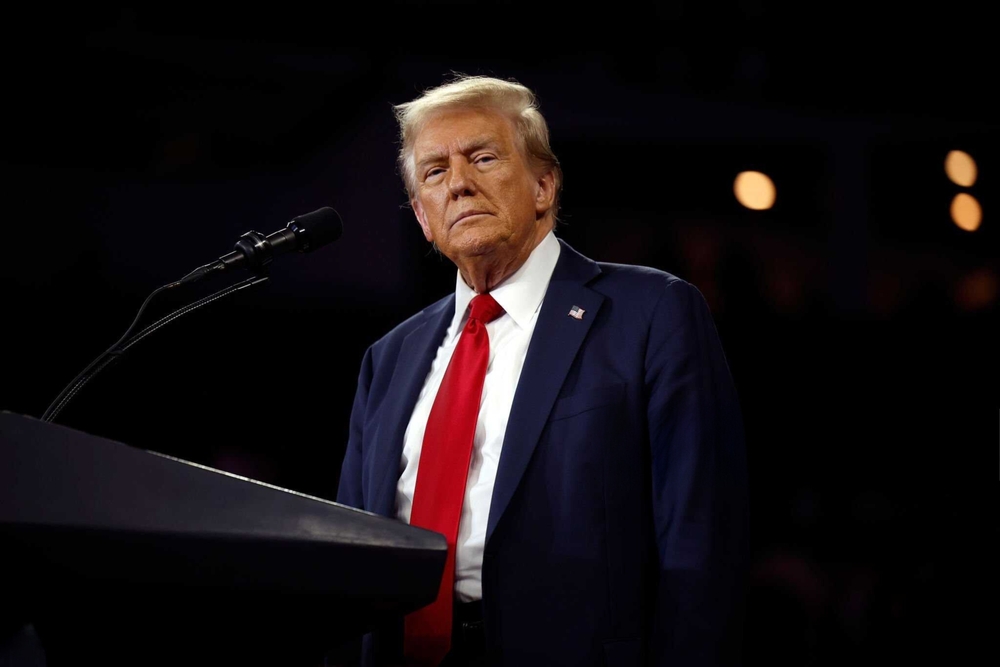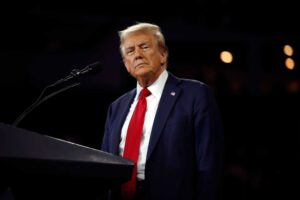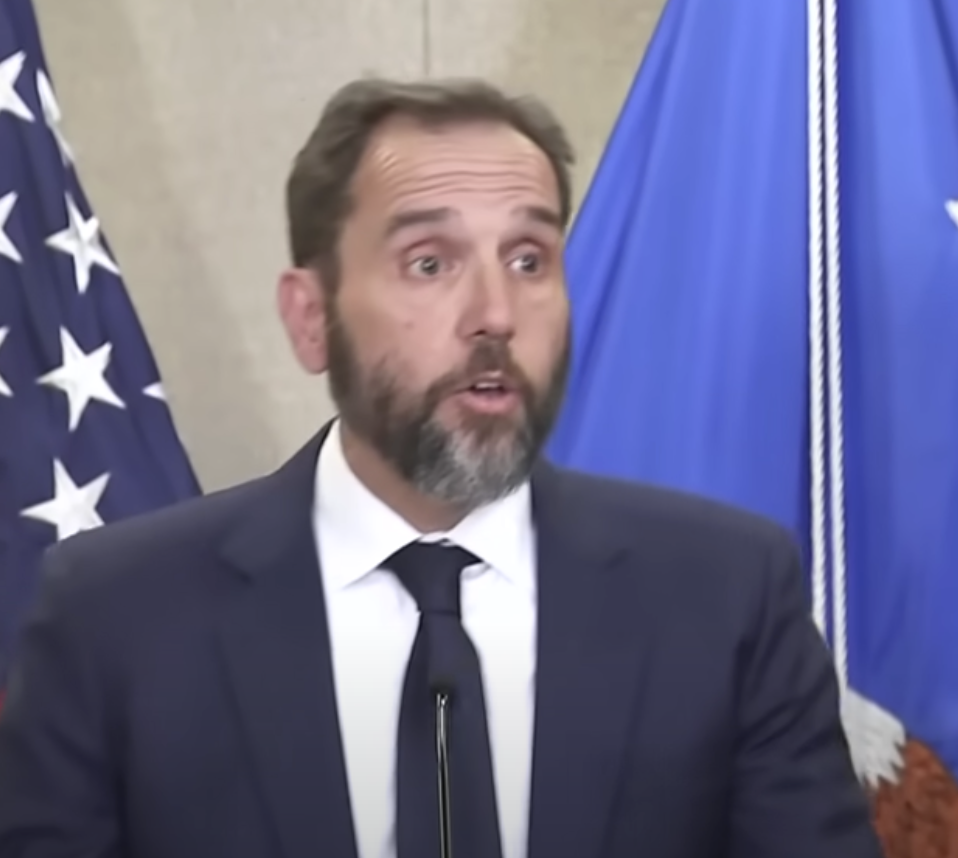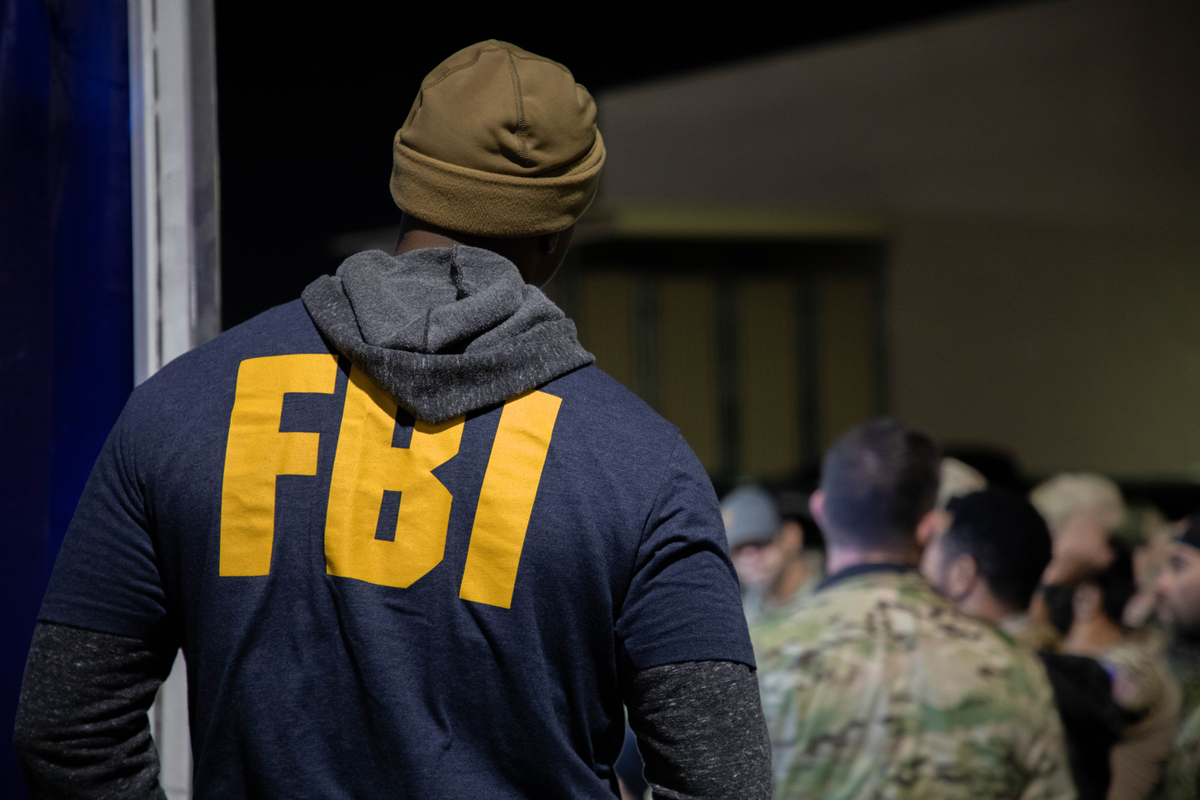By Steve Neavling
A federal judge dismissed the election-obstruction charges against President-elect Donald Trump on Monday, ending a landmark investigation that never went to trial but significantly influenced the legal understanding of presidential immunity.
Special counsel Jack Smith filed a motion to dismiss the case, citing Justice Department policy that prohibits prosecuting a sitting president, even as he defended the merits of the allegations, The Washington Post reports. Smith also asked the U.S. Court of Appeals for the 11th Circuit to remove Trump as a co-defendant in a separate appeal concerning the alleged mishandling of classified documents.
These motions effectively conclude the Justice Department’s historic attempt to prosecute a former president on federal charges. The development underscores the success of Trump’s legal team in crafting a strategy that relied on his reelection to evade trial.
Vice President-elect JD Vance highlighted this on social media, writing on X: “If Donald J. Trump had lost an election, he may very well have spent the rest of his life in prison. These prosecutions were always political. Now it’s time to ensure what happened to President Trump never happens in this country again.”
Trump himself responded online, calling the charges “empty and lawless” and asserting that they “should never have been brought.”
Smith’s motion to U.S. District Judge Tanya S. Chutkan sought dismissal of the charges against Trump for allegedly attempting to block Joe Biden’s 2020 election victory.
Smith said he “stands fully behind” the allegations but acknowledged that Justice Department rules barred the case from proceeding.
Judge Chutkan dismissed the charges without prejudice, leaving open the possibility that they could be refiled after Trump leaves office, though such a move would face significant legal and practical challenges.
Later the same day, Smith filed another motion to drop Trump from the appeal of this summer’s dismissal of the classified documents case. Trump had been accused of hoarding sensitive government materials and obstructing efforts to retrieve them. U.S. District Judge Aileen M. Cannon, a Trump appointee, had previously dismissed the case, ruling that Smith’s appointment as special counsel was unlawful.
Smith’s appeal seeks to overturn Cannon’s decision and continue proceedings against Trump’s co-defendants, Carlos De Oliveira and Waltine “Walt” Nauta, who were accused of aiding Trump in the obstruction. Prosecutors are pushing to reverse the ruling not only to revive the classified-documents case but also to safeguard the Justice Department’s ability to appoint special counsels in the future.
Smith’s role as special counsel began in November 2022, when Attorney General Merrick Garland appointed him to oversee the Trump investigations. Garland emphasized the need for an independent prosecutor to maintain public confidence in the probes. Since Trump’s election victory, however, his legal team has sought to portray the cases as politically motivated, despite the lack of evidence implicating President Biden in the investigations.
As President-elect, Trump has signaled intentions to overhaul the Justice Department, including appointing his personal defense attorneys to top roles. According to sources cited by The Washington Post, Trump plans to fire Smith’s team, including career prosecutors traditionally protected from political interference.
Trump’s legal battles have been a central theme of his presidential campaign, energizing supporters who believe he has been unfairly targeted. In addition to the federal cases, Trump faces state charges in New York and Georgia. The New York case, in which Trump was convicted on 34 felony counts of falsifying business records, remains the only one to have gone to trial. Sentencing has been delayed multiple times, with a decision on whether to postpone further expected next month.
Smith is reportedly planning to resign before Trump takes office, preventing Trump from firing him directly. Before stepping down, Smith could submit a final report to Garland summarizing the investigations. Garland would then decide how much of the report, if any, should be made public.
Trump’s victories in avoiding federal trials mark a turning point in the complex legal battles that defined his post-presidency and election campaign. Whether the investigations will ultimately resurface remains uncertain, but for now, Trump and his allies are claiming vindication.






